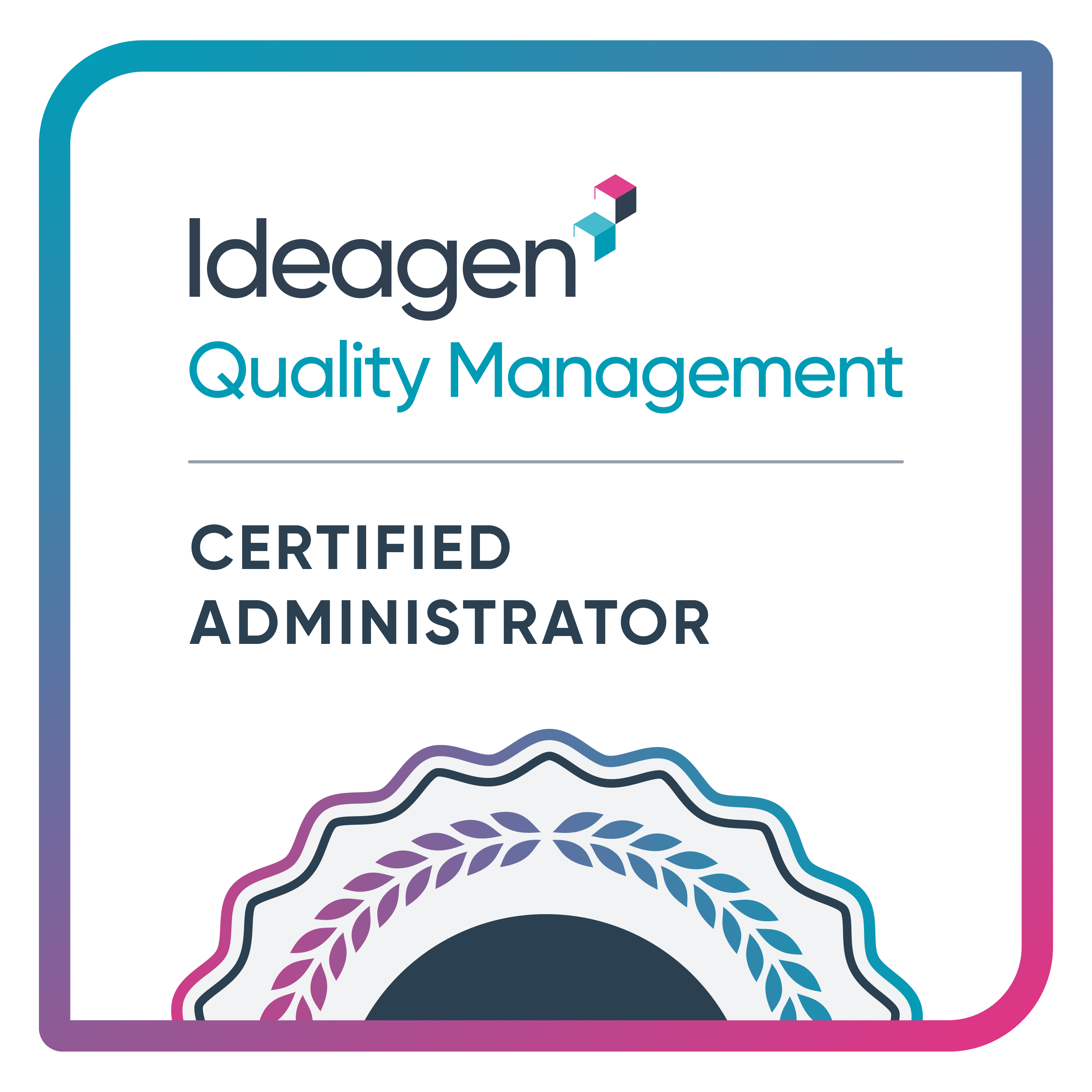Looking for help?
Common queries
Send us feedback
We'd love to hear your thoughts on features, usability, or what you love about Ideagen Luminate.
Proven strategies: how do you maintain high quality in regulated industries?

![]() Rebecca Watson
Rebecca Watson

In the complex landscape of regulated industries, quality isn't just a desirable trait — it's a non-negotiable prerequisite. These sectors operate under stringent regulations set by governing bodies to ensure safety, fairness, and quality.
Quality in this context transcends mere customer satisfaction — it often constitutes a legal obligation and invariably provides a competitive edge. It encompasses meeting and surpassing client expectations, ensuring regulatory compliance, and fortifying a reputable brand that enhances consumer trust and loyalty.
Quite simply, quality matters.
The repercussions of a lapse in quality can be severe. From product recalls to data breaches, the financial implications can be staggering, as can the impact on brand reputation, which can take years to restore.
Take the horsemeat scandal and Mad Cow Disease as examples. Recent research carried out by Ideagen demonstrated that there was still diminished trust with consumers, decades after the events.
In contrast, companies that consistently uphold high-quality standards not only comply with regulatory norms but also enjoy enduring customer loyalty and a robust market presence.
Quite simply, quality matters to your customers and clients.
It's therefore little surprise that in our inaugural virtual summit, Frontier (to be held on November 8, 2023), Ideagen have a whole segment of the agenda focussed on quality. Industry experts and leading speakers will be sharing insights on how they have transformed their businesses, by putting a heavy focus on quality.
How, then, can we ensure high levels of quality?
Cultivating a culture of quality is pivotal, where employees understand its significance and are encouraged to proactively uphold and enhance it. Regular training and skill development is vital.
Adopting a good quality management system (QMS) is another viable strategy. A comprehensive QMS contributes to improved customer contentment and loyalty while adhering to regulatory norms. This requires well-articulated policies, ongoing training and periodic quality assurance checks.
Learning from others is a crucial strategy in enhancing quality. Observing and understanding how leaders in your industry maintain high-quality standards can offer valuable insights. Study their processes, methodologies and practices, and adapt them to your specific context.
Importantly, extend this learning beyond your industry, as there may be universal principles of quality management that could be applied in your business. This is another key tenet of Frontier, the agenda for which is deliberately industry agnostic to enable that cross pollination of ideas.
Building a network of industry professionals allows knowledge sharing and solutions to common challenges. This cross-industry learning and collaboration fosters a continuous improvement mindset, an essential ingredient in the pursuit of quality.
Upholding high quality is an ongoing process, not an endpoint. It necessitates commitment, investment, and a relentless focus on customer and regulatory obligations. However, the benefits — consumer trust, regulatory compliance, competitive advantage and business resilience — are undoubtedly worth the effort.
Enhance your focus on quality and learn more about creating a resilient business by saving your seat for Frontier.
Our speakers touch on:
- Quality Standards: Importance and Principles
- Fueling a Culture of Quality in Regulated Industries
- Here's Why Regulatory Compliance is Important
- What are the Best Practices in Quality Management?
- How Does Quality Management Help to Ensuring Compliance
- Reasons Why Manufacturers Need To Invest in QMS
- Quality Control: Why Is It So Important Now?

Enter your E-mail address. We'll send you an e-mail with instructions to reset your password.






